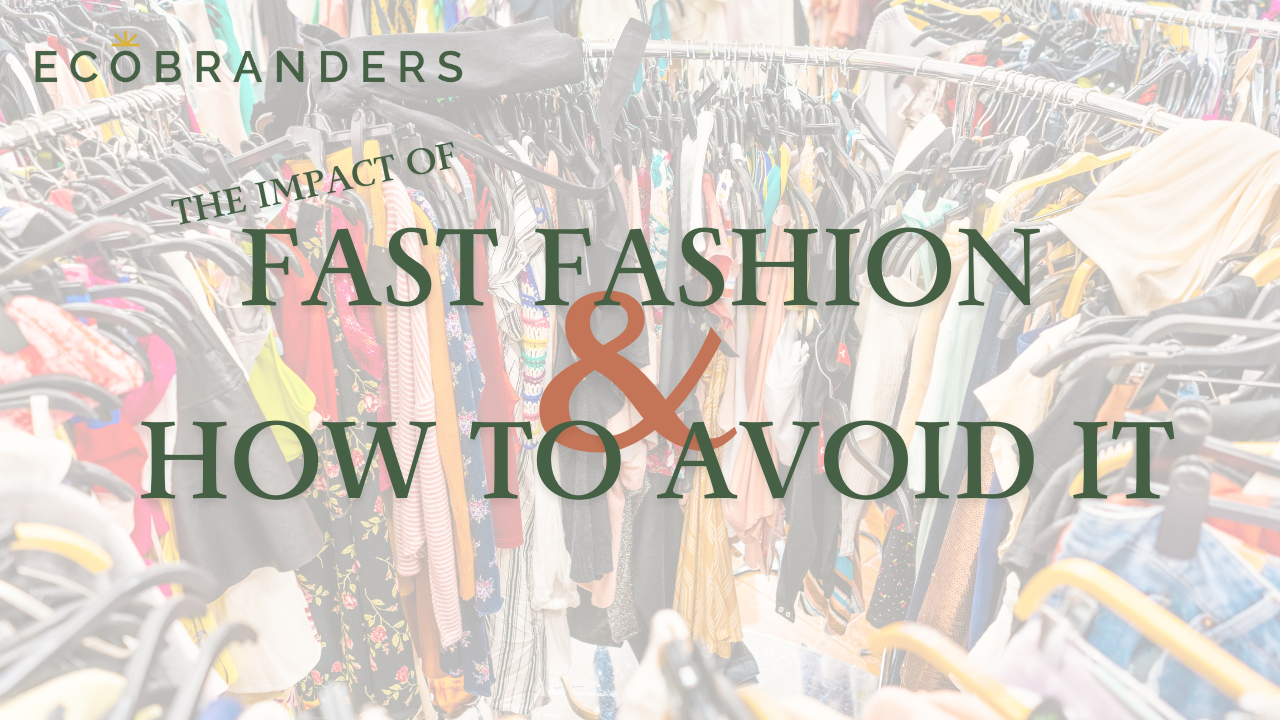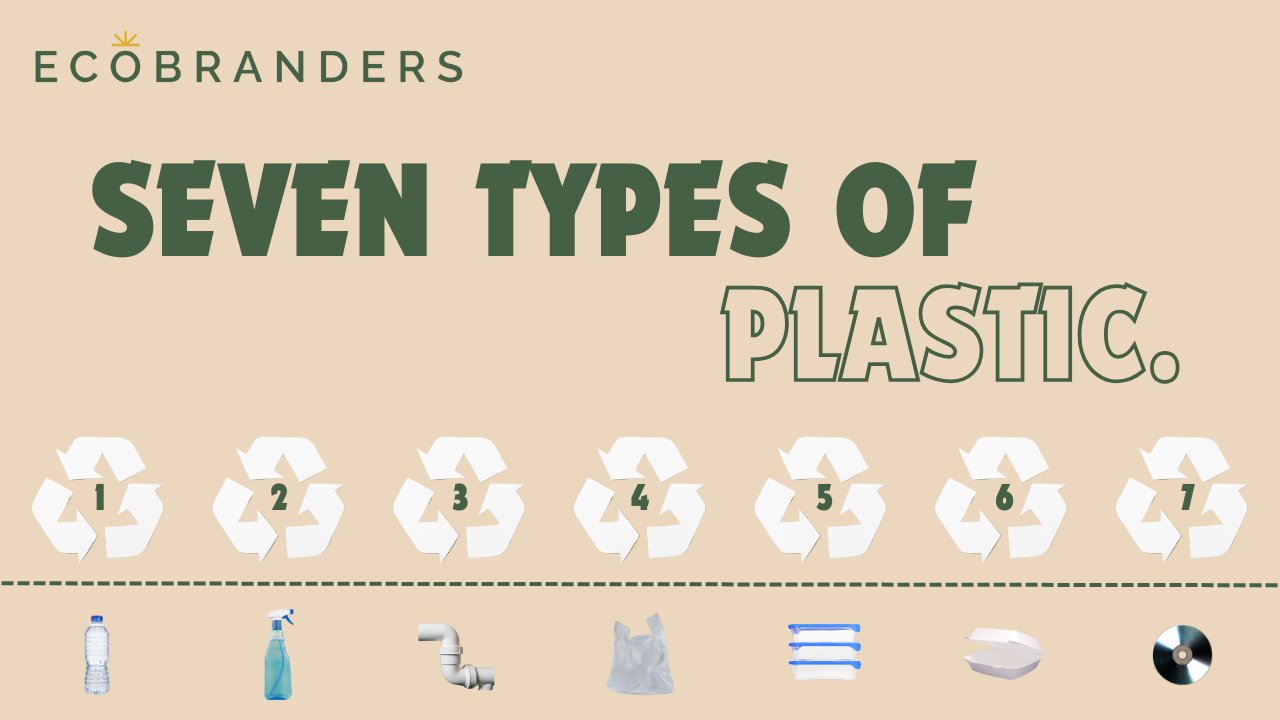Fast fashion refers to the rapid production of inexpensive clothing by mass-market retailers in response to the latest trends. While it provides affordable and trendy clothing options, it has significant negative impacts on the environment, society, and economy.
The Impact
The environmental impact of fast fashion is seen through pollution (air, water, and land), microplastics, resource consumption, and waste. Fast fashion contributes to air pollution as it relies heavily on non-renewable resources, including synthetic fibers made from fossil fuels. These synthetic fabrics also aid in water pollution in multiple ways, one being microplastics. When laundered, garments shed microplastics into our waterways and oceans, harming marine life; however, it does not stop there. The fast fashion industry continues to pollute our waters through textile dyeing as well as increase water consumption in textile production, especially cotton. By being mindful of the materials used to make clothing, for example, by choosing organic cotton, we will reduce emissions, chemical use, and the amount of water consumed. Additionally, fast fashion promotes a throwaway culture, leading to enormous amounts of textile waste that end up in landfills where it takes decades to decompose if they decompose at all.
Social impacts are also seen within the industry in the form of labor exploitation, health risks, and economic pressure. Fast fashion often relies on cheap labor in developing countries, where workers may face poor working conditions, low wages, and exploitation. They are also exposed to harmful chemicals used in textile production causing serious health risks that further decrease their quality of life. When struck with illness or health issues due to their toxic environment, they cannot afford to miss a day of work due to being paid a non-livable wage. Moreover, those who have their own business such as local artisans and small-scale producers, may struggle to compete with the low prices of fast fashion, threatening their livelihoods as well.
How to Avoid It
There are many ways to avoid fast fashion. (1) Buy less and buy better, (2) support sustainable brands, (3) purchase second-hand or vintage, (4) upcycle or repair clothing, (5) participate in clothing swaps or rentals as well as (6) advocate and educate yourself and others.
-
invest in high-quality, durable clothing that will last longer
-
opt for classic, versatile items that do not go out of style
-
build a capsule wardrobe with a limited number of essential pieces that can be mixed and matched
-
look for brands that prioritize fair labor practices, use sustainable materials, and have transparent supply chains
-
check for certifications such as Fair Trade, GOTS (Global Organic Textile Standard), and B Corp, which indicate adherence to high social and environmental standards
-
buy from thrift stores, consignment shops, and online platforms that sell second-hand clothing
-
explore vintage stores for unique, high-quality items.
-
upcycle old clothing into new items or use them for other purposes (cleaning rags)
-
learn basic sewing skills to repair and customize your clothes, or hire someone to mend clothes instead of discarding them
-
organize or participate in clothing swaps with friends, family, or community groups
-
use clothing rental services for special occasions instead of buying new items
-
follow care instructions to extend the life of your clothes while washing less frequently, using cold water, and air drying when possible
-
stay informed about the impact of fast fashion and share this knowledge with others
-
support policies and initiatives that promote sustainable and ethical practices in the fashion industry
By making conscious choices about how we buy, use, and dispose of clothing, we can help mitigate the negative impacts of fast fashion and contribute to a more sustainable and ethical fashion industry.










